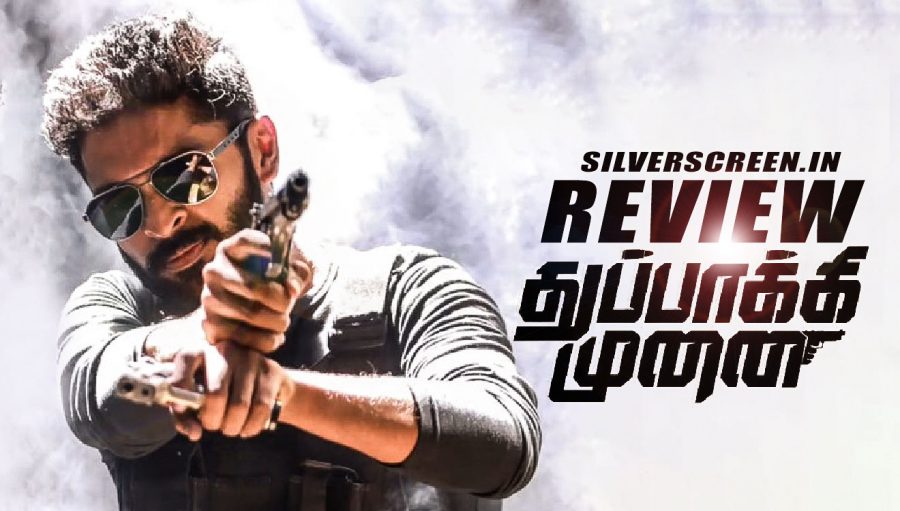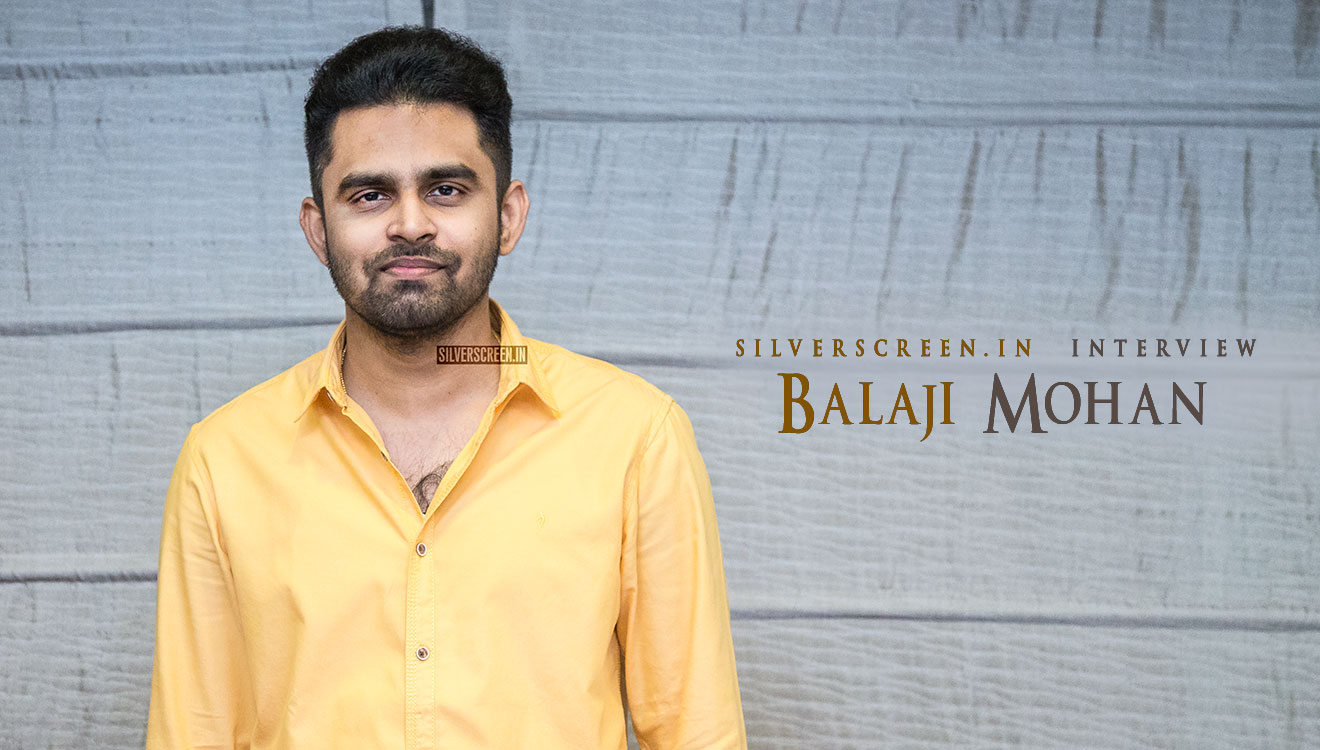Director: Dinesh Selvaraj
Cast: Vikram Prabhu, Hansika Motwani, MS Bhaskar
Composer: L V Muthu Ganesh
The chilling rape of a young woman in Delhi in the winter of 2012 may not have birthed the kind of reformist thought that it ought to have, but it certainly seems to have spawned a number of films that have drawn inspiration from the brutal assault. In Thuppakki Munai, the rape and murder of a young girl in a moving vehicle is a pivotal plot element. A bunch of inebriated youth – actors who try hard to elicit disgust – force a 15-year-old into a van, assault her and throw her lifeless body into the sea. While the act in itself is not shown – gods have mercy – the film alludes to the rape in several ill-conceived, distasteful frames. It calls for some serious review of rape imagery, and its general depiction in cinema. Where’s the need for detail really?
In TM, it’s this case that draws in disgraced encounter specialist Birla Bose (Vikram Prabhu). Revered and reviled at the same time, Bose nabs tough criminals and terrorists, but loses his family and love who despise his nature of work. He is almost fired from his job too, following a grievous misreading of situation, but is back in the fold when he’s called to snuff out the rape accused.
When Thuppakki Munai – which translates to ‘gun point’ – begins, a young Vikram Prabhu as Bose is negotiating something with a woman who’d fallen on him during a chase, and whom he’d fallen for. The woman is distraught; there’s a viral clip of their inadvertent hug(?) on social media. Bose suggests a quick recourse. Let’s marry, he says. Mythili (Hansika) looks briefly taken back. A scene later, she’s introducing him to her father. In the next, they have broken up. Bose is similarly estranged from his mother who abhors his profession. The film seeks to draw on this lone-wolf quality of its protagonist; as the flashback sequences segue into present time, there’s Bose with barely-visible flecks of grey in his hair. He’s not called to investigate, but to kill. But Bose’s bullets seem to have an instinct of their own and don’t quite punch the culprit in the guts.
They don’t think he’s the one at all.
Thuppakki Munai doesn’t have vastly divergent arcs in its narrative, but right at the heart of the film are three tales that play out in parallel. They do arouse interest – you do want to know why Bose thinks what he does, you do want to follow the trail, but TM isn’t inherently devised to be a thriller. It tells you what you need to know, and there are obvious little preludes to what’s to come. When the rape accused holds forth on a lengthy dialogue about valour, it doesn’t sound oddly delusional that perhaps a well-written screenplay would have achieved; it instead comes across as a clumsy attempt to hint to the audience that he’s not what he seems.
Recommended
The only sequence in the film that demands investment belongs to the one that features MS Bhaskar in what he does best: emote. As the grieving father, he’s given a few great lines towards the end – not writerly or artistic brilliance to be sure, but a simple translation of common sense – and rational social thought – into words. Even as Thuppakki Munai lulls one into thinking that this would be yet another knee-jerk, thoughtlessly violent reaction to something that demands a layered, nuanced response, it springs a surprise. That’s where its triumphs lie.
*****
The Thuppakki Munai review is a Silverscreen original article. It was not paid for or commissioned by anyone associated with the film. Silverscreen.in and its writers do not have any commercial relationship with movies that are reviewed on the site.



